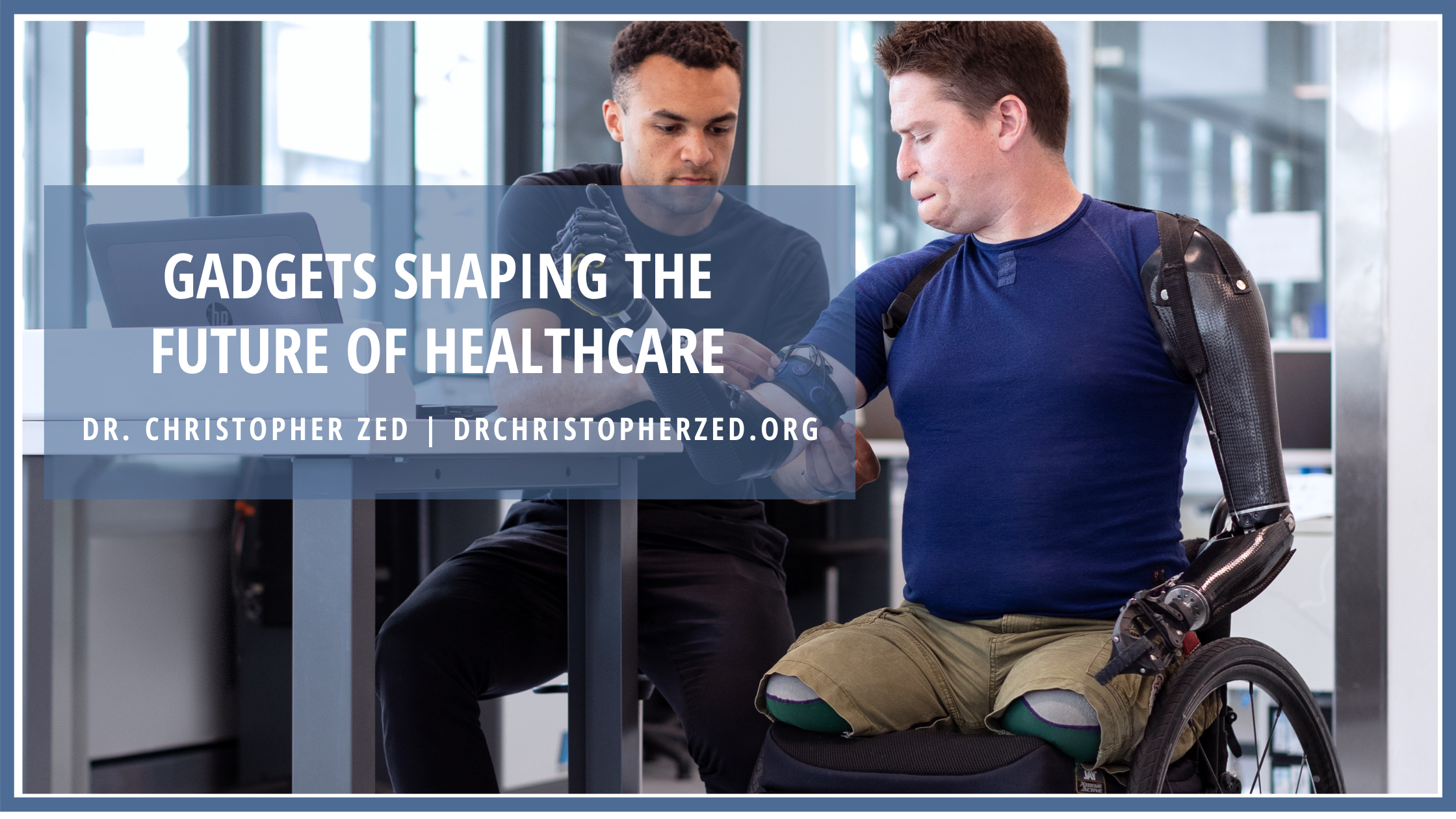The future of tech is all around us. It is causing us to reimagine nearly every industry and the way we spend our leisure time. Another aspect of this is the way it will also keep us healthier and perhaps save lives.
The healthcare industry is already adapting to the world of artificial intelligence, augmented and virtual reality, 3D-printing, nanotechnology, and robotics. There is zero room for obstinancy when it comes to embracing tech and working alongside it willingly. The future will be a collaboration between machine and man.
Digital technology will create sustainable healthcare systems, as well as ones, empower patients with regard to their own health and their relationships with providers. Advances in medical technology will also faster, less expensive, and more efficient disease control. AIDS and Cancer might one day be a thing of the past.
Wearables have been around for several years, but the latest round of activity and health monitors are unlike any others. Amazon just released Halo, a fitness gadget so precise and invasive, some people are almost too scared to buy it. For people who want to scan their health from the comforts of home, there are kits like TyToHome that lets people communicate remotely and safely with a healthcare provider. From there, they can discuss test results, diagnoses, treatment plans, and prescriptions.
Contrary to popular belief, the world needs another reusable water bottle on the market. A self-cleaning revelation has been made with LARQ’s use of UV-C LED light. This stainless steel bottle can purify drinking water in 60 seconds. It can also clean itself at the press of a button, or automatically every two hours. For outdoorsy people, there is also a longer “adventure mode” cycle that is used to purify natural resources like rivers and streams.
AliveCor has made it possible to monitor your own heart rate and aspects of your heart health from home. This FDA-approved mobile EKG monitor will upload the results of an electrocardiogram to your smartphone for analysis.
For people suffering from celiac disease or gluten allergies, Nima is a pocket-sized sensor that is the world’s first-ever portable gluten detector. Data can also be tracked, as well as shared with other people.
This article was originally published on DrChristopherZed.org


